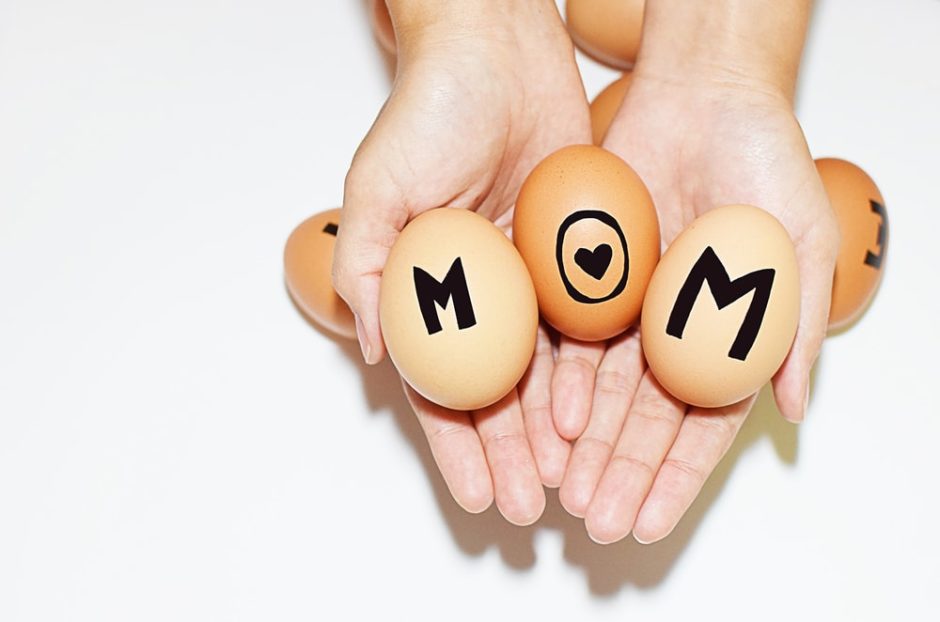Egg donation is a process in which a fertile woman donates eggs to another woman to help her conceive. It is a part of assisted reproductive technology.
The procedure typically involves a doctor retrieving eggs from the donor, fertilizing them in a laboratory, and then transferring the resulting embryos into the recipient’s uterus. Doctors do this using an implantation procedure, such as in vitro fertilization (IVF).
Egg donation frequently benefits women who cannot use their own eggs for various reasons, including ovarian failure, avoiding congenital anomalies in the fetus, or advanced age.
Specialists at Dashin Reproductive Center will conduct an intensive selection process to find a suitable Taiwanese donor and will carefully run through the legal procedures.
About Egg Donation in Taiwan
The law on egg donation called Artificial Reproduction Law was enacted in Taiwan in 2007, and has been operated safely and appropriately under the control of the Taiwanese government.
To become an egg donor, donor participants have to take a blood sampling test and pelvic examination. Registration will be made also after proved the absence of a genetic disorder in the relatives within fourth degree.
One of the biggest features of Taiwan is that egg donors cannot give eggs over and over, and donors can give their eggs only to 1 couple except for their own. The government prohibits the commercial use, and it is a safe mechanism that one donor cannot provide eggs to multiple people.
However, due to the laws governing the protection of personal information, patients are not allowed to see donor information in Taiwan. Patients can make a request for the donor’s race, skin color, blood type, single or double eyelid.
Features
1. Fresh Egg
The success rate of first embryo transplant recorded 83% in 2019.
Why is it so high?
The main reason of the high success rate comes from donor’s fresh eggs. We only use fresh eggs for fertilization right after donor’s egg retrieval.
2. Young Asian Donors (Under 30 years old)
According to the laws of Taiwan, the age of egg donor is 20 to 39 years old, but Dashin Reproductive Center has an original rule that donors’ age is until 30 years old in order to raise the success rate. Donors’ educational background is higher than university, and multiple pre-tests are conducted before registered. Dashin Reproductive Center also judges donors’ appearance strictly and the pass rate is about 10% as a result.
As of January 2020, more than 100 donors are registerd in our clinic.
3. High Success Rate
The chart shows the pregnancy rate of “one” transplant and cumulative pregnancy rate from 2012 to 2018. The success rate of one transplant was 57% at Dashin Reproductive Center and it is about 14% higher than the average clinic in Taiwan. The cumulative pregnancy rate on the right is the pregnancy rate for one person, which is 88%. In our clinic, even if a single transplant is unsuccessful, we identify the cause and resulted in 40% higher than the average.
